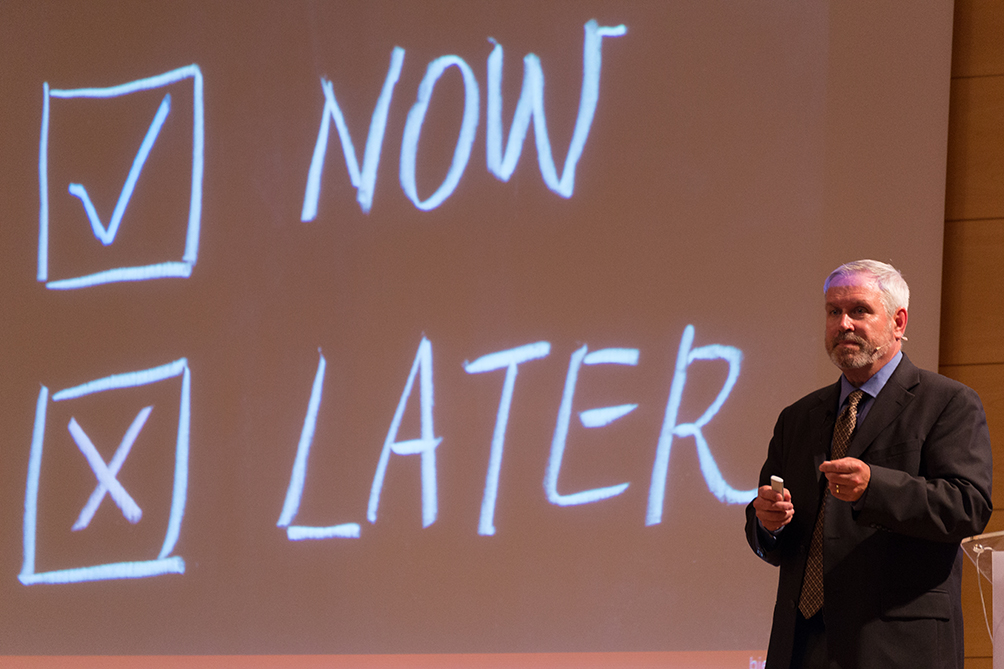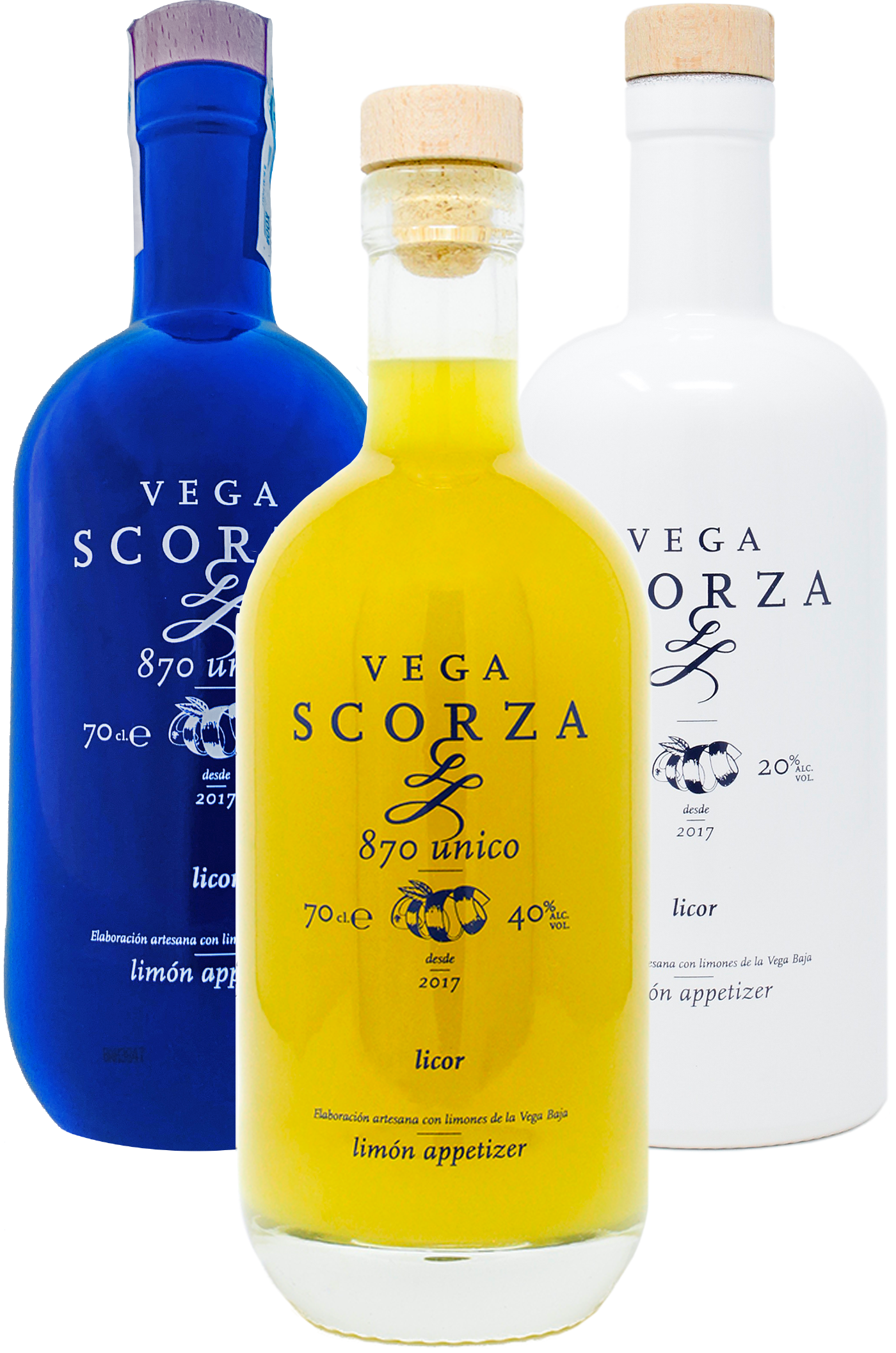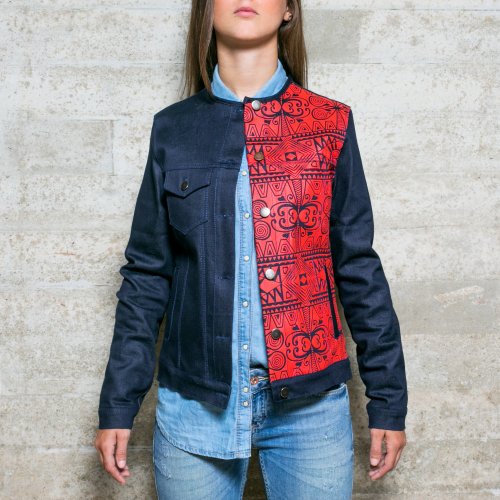Valencian Art in Dallas
The Meadows Museum at SMU has acquired an important preparatory study by Valencian artist Vicente López y Portaña (1772–1850), Charles IV and His Family Honored by the University of Valencia (1802). The museum purchase is a tribute to the late curator of the Museum, Nicole Atzbach, who died of cancer on November 4, 2017. Atzbach conducted significant research into the history of another painting by López at the Museum, a portrait of the American businessman and collector Richard Worsam Meade (1815). The new acquisition joins this and other works by López in the collection and represents a pivotal episode in the artist’s life, one that effectively altered the course of his career and eventually brought him into direct contact with the most important painter of his age—Francisco de Goya (1746–1828). It will go on display in the Meadows Museum galleries in late spring.
The painting depicts an allegorical meeting between Charles IV and his royal retinue with the University of Valencia. In 1802, King Charles IV of Spain (r. 1788–1808) traveled with members of the royal family to Barcelona for the nuptials of his son Ferdinand VII (1784–1833), Prince of Asturias, and María Antonia de Borbón (1784–1806), thenceforth the Princess of Asturias. When it became known that the king and his party intended to stop in Valencia on their way back to the capital, Vicente Blasco García, head of the University of Valencia at the time, commissioned a painting from López as a gift to the king in honor of his visit to the city. The oil sketch acquired by the Meadows Museum is the only preparatory sketch known to exist for this painting, the final version of which is in the collection of the Museo Nacional del Prado, Madrid.
The painting is remarkable for its combination of portraiture and allegory, wherein specific historical personages interact with fantastic personifications. In the Meadows’s oil sketch, one can observe the care López brought to this dynamic composition, the animated brushwork thickly applied to the surface of the work, and the changing fields of vivid color across the canvas. Goya’s nearly contemporaneous portrait The Family of Charles IV (1800) may be the only surviving image of this royal family to garner even more fame than López’s.
“López’s depiction of this illustrious king and his family is perhaps only surpassed in quality by Goya’s grand canvas,” said Mark A. Roglán, the Linda P. and William A. Custard Director of the Meadows Museum. “The inclusion of this preparatory oil sketch in our collection further strengthens our holdings of study works—paintings that, because of their freshness, vibrancy, and fluidity of brushstrokes, are sometimes even more painterly than the final pictures.”
The finished version of the painting was presented to Charles IV on November 25, 1802 and was a resounding success with its recipient. Only a few days after seeing the finished work, Charles IV hired López as pintor del rey (painter of the king) and he later promoted López to pintor de cámara (chamber painter) upon Goya’s departure from Spain. Years later, when Goya briefly returned to Madrid in 1826 from his exile in Bordeaux, France, he chose López to paint his own portrait, the fruit of a productive relationship between these two artists.
About Vicente López y Portaña
Born in Valencia on September 19, 1772, López began his artistic training as a student at the Real Academia de Bellas Artes de San Carlos in Valencia. In 1789, the academy awarded him a top prize in painting that included a scholarship to continue his studies at the Real Academia de Bellas Artes de San Fernando in Madrid. There López studied with Mariano Salvador Maella (1739–1819) and continued to win prizes for his work. While in Madrid, López learned the academicism of Anton Raphael Mengs (1728–1779), whose legacy was still keenly felt at the academy in Madrid, and the baroque sensibilities of Luca Giordano (1634–1705) and Corrado Giaquinto (1703–1765), whose frescoes remained visible in royal sites in and around the capital. In 1792, López returned to his home city triumphant, an accomplished artist who took on numerous commissions in the following years including religious paintings, mural paintings for church interiors, portraits, and drawings intended for engraving. In 1801, he became director of the academy of San Carlos, the same academy where he trained in his youth. The Napoleonic Wars brought an end to the reign of Charles IV in 1808, but after the Spanish monarchy was reinstated in 1814, López resumed his work for the royal family as court painter to King Ferdinand VII and eventually Queen Isabella II (1830–1904). He spent the remainder of his life in Madrid, producing portraits of royals, statesmen, academics, and even other painters.
About the Meadows Museum
The Meadows Museum is the leading U.S. institution focused on the study and presentation of the art of Spain. In 1962, Dallas businessman and philanthropist Algur H. Meadows donated his private collection of Spanish paintings, as well as funds to start a museum, to Southern Methodist University. The Museum opened to the public in 1965, marking the first step in fulfilling Meadows’ vision to create “a small Prado for Texas.”
Today, the Meadows is home to one of the largest and most comprehensive collections of Spanish art outside of Spain. The collection spans from the 10th to the 21st centuries and includes medieval objects, Renaissance and Baroque sculptures, and major paintings by Golden Age and modern masters. Since 2010 the Museum has been engaged in a multidimensional partnership with the Museo Nacional del Prado in Madrid, which has included the exchange of scholarship, exhibitions, works of art and other resources.






Recent Comments